Recent blog posts about banned books have shown that, unlike the other Arts, inappropriate taboos are still inflicted on the Art of Writing. These restrictions define and confine a Third Rail: supercharged concepts barricaded behind signs that say, Don’t write here.
Included among these powerful ideas are dilemmas that can affect love stories, such as something that prevents them from ending Happily Ever After (or at least Happy For Now); or whatever may be perceived as altering the distribution of power that’s assumed to accompany sexual dimorphism, such as a heroine who is more economically successful or sexually experienced than the hero; and even passionate middle-aged or elderly lovers. Such strong stories can end up being shelved as Women’s Fiction, a vague category that’s guaranteed to obscure almost any book that lands there.
Another warning sign above the Third Rail is the dogma that proscribes a writer’s crossing genre lines. Oddly enough, this prohibition conflicts with the doctrine that urges the cultivation of name recognition: to achieve branding as a great storyteller. The ability to spin a good yarn is a personal trait, independent of the type of story being told. To suggest that the teller of a well-told story in one genre will lose readership by switching to another, can only be a fairy tale told by trolls intent on derailing an author’s reputation for effective writing.
Related to this is the persistent lack of an official category for what I call Fusion Fiction: crossing genre lines within one work. Irish Firebrands is one such book, because of its combination of Boomer-Lit, romantic beach-read, social-political-historical commentary, paranormal, inspirational, and psychological elements.
Crossing genre lines within one work offers a reader the opportunity to focus on the desired aspect of the reading experience. If you’re looking for a love story, wallow in it. If you like to puzzle out paranormal clues, have at it. If you want to get inside the heads of characters in a psychological melodrama, go for it. If you’re into to learning facts or skills, or traveling to a different place or time to experience a culture or history, more power to you. If you seek encouragement from reading a story that’s uplifting, inspirational, metaphysical or visionary, be my guest. If you enjoy thought-provoking controversy or pungent social commentary, prepare to be pungently provoked.
Unfortunately, the effort to avoid crossing genre lines within one story, may be what makes it difficult for some who do write within a single genre to create well-developed characters. I can think of nothing that’s better guaranteed to result in a flat, uninteresting “cardboard” character, than to deny that character the opportunity to think, say, and live the variety of things that real people get to do.
Moreover, social, political, or historical commentary, psychopathology, and metaphysical or inspirational themes are also among the subjects that can electrify the Third Rail. When character-catalyzing controversies are made off-limits, writers may resort to awkward back-story data dumping, relying on excessively detailed physical descriptions, and proposing improbable plots to drive their stories.
Should all stories combine genres? Perhaps not, but the leavening that some amount of mixing can provide, would go far towards eliminating charges of “formulaic” genre fiction.
Fusion Fiction powered by the Third Rail invites readers to an experience as vivid and varied as any may wish life would be. If a story challenges me to join up the dots in a different way, every time I re-read it, you’ll find that novel in my bookcase.
…
Do YOU write FUSION FICTION? Please register for FREE promotion, and help build a community of like-minded Authors of mixed-genre Written Art. Click on this image to learn more and get started.


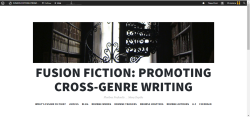
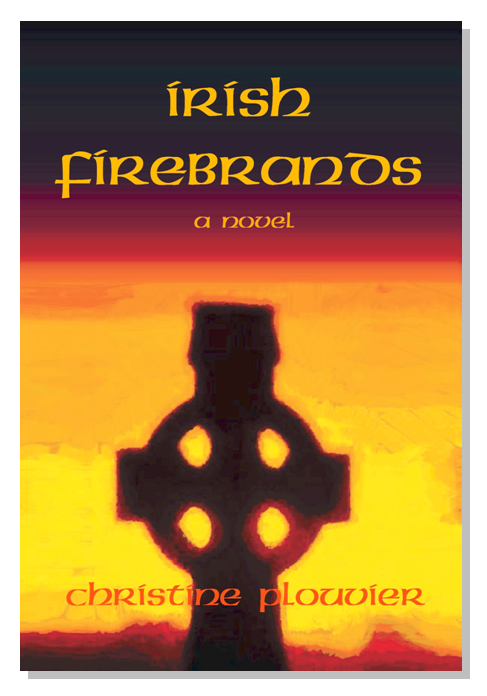
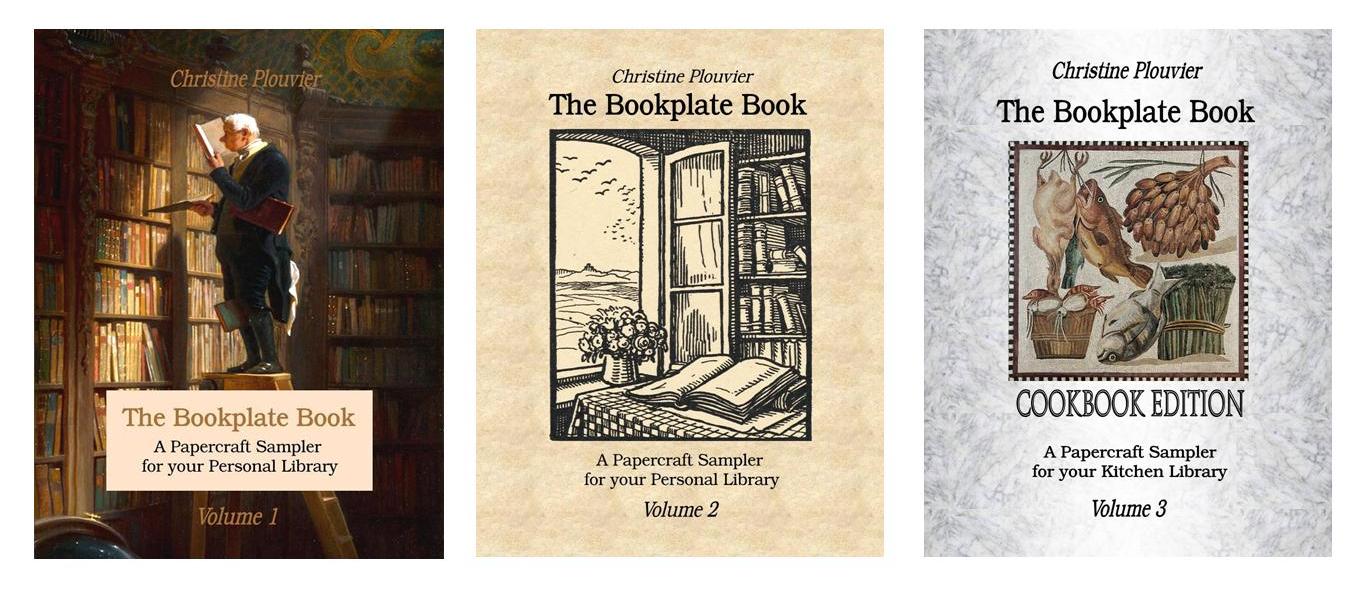


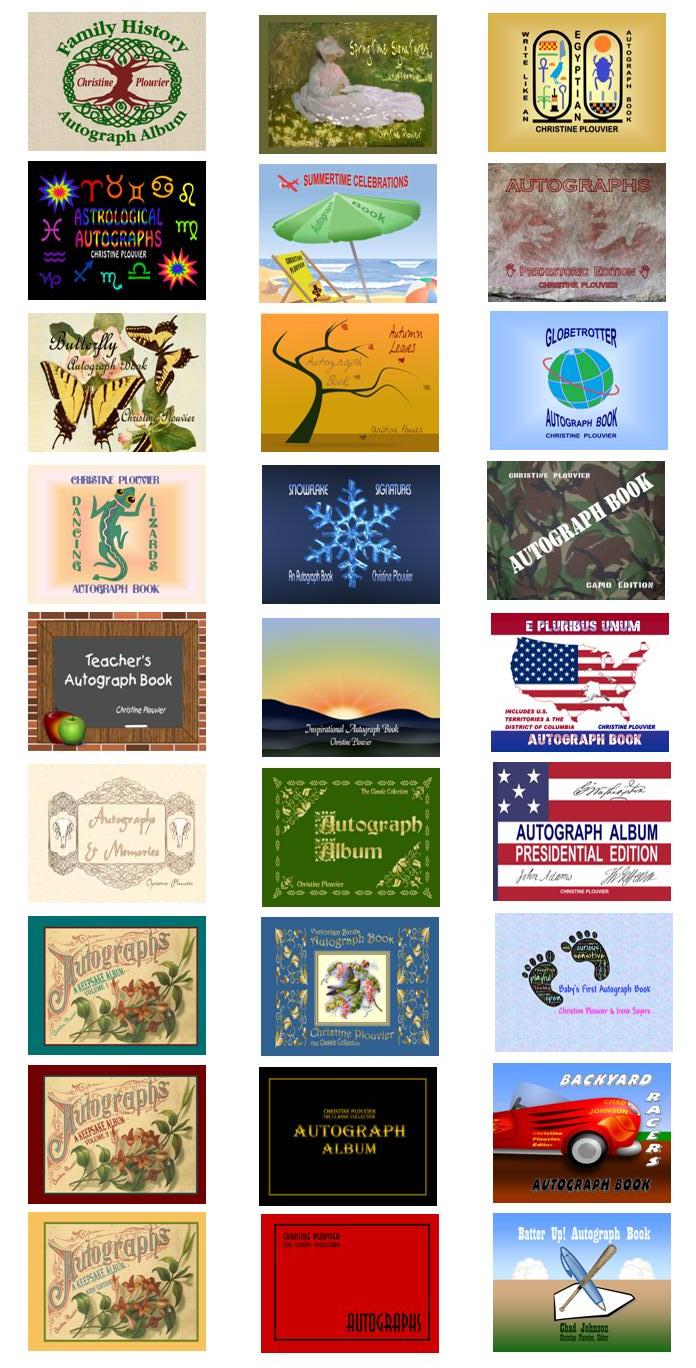

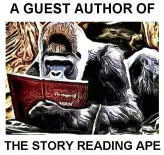

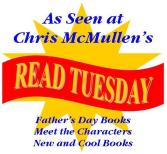
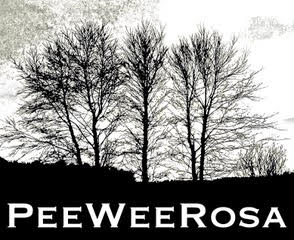



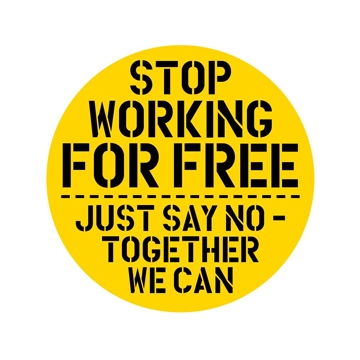

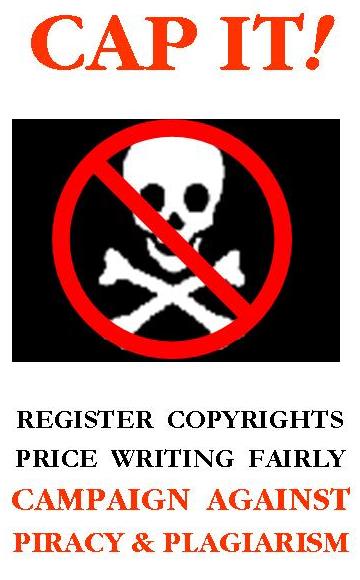


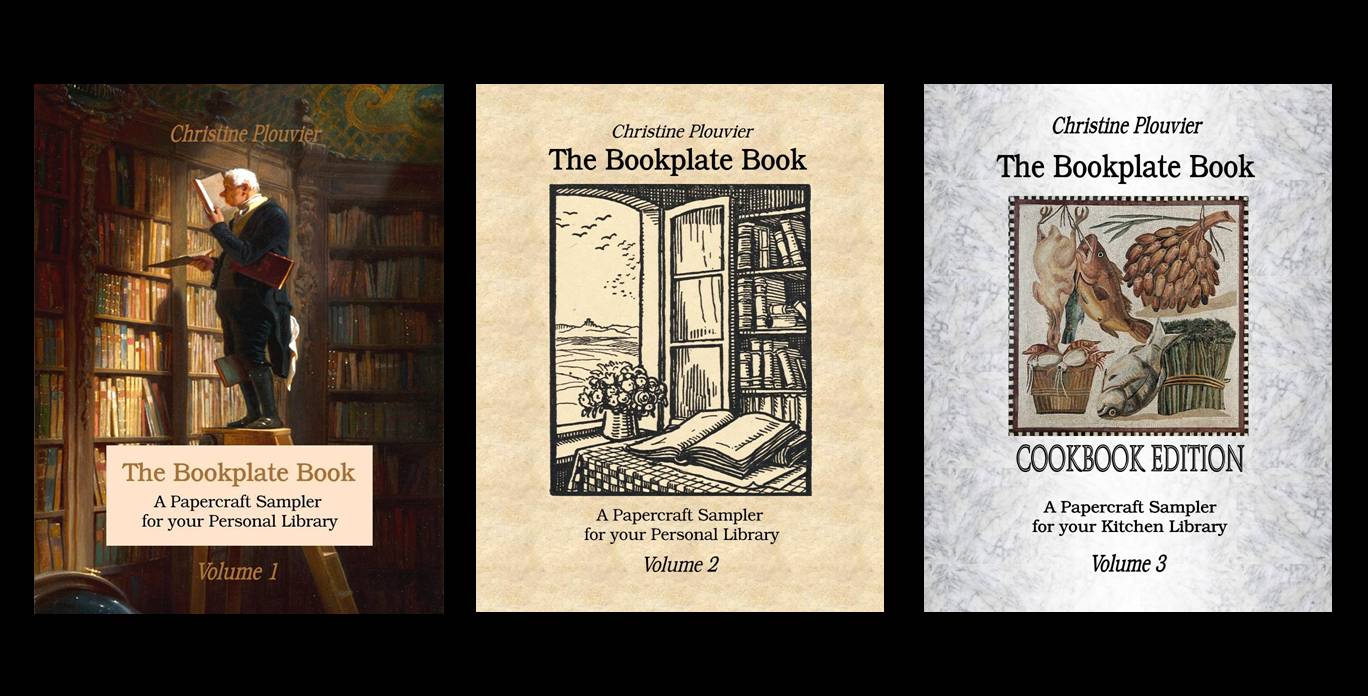

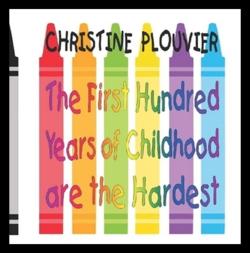
Ah… the cross genre novel! Mine dont quite fit the standard classifications either. Is this a new phenomenon? I know we have to categorise them somehow if we want to sell online, but there must be a better way.
LikeLiked by 2 people
I feel the same way. I think a lot of writing doesn’t fit neatly into the boxes laid out for them. It’s especially frustrating when publishing a new book to stare at all of these categories and being forced to pick one, or even two.
LikeLiked by 1 person
Frankly, J. B., I believe we should not be required to force our Art into ticky-tacky boxes that were designed for the benefit of nobody but apparently feeble-minded marketers, who don’t understand how to use the Dewey Decimal System, and who can’t be bothered to read what they’re selling, the better to understand how to properly hawk it. For more information, see “The Genre Generation,” at http://wp.me/p30cCH-t2 and “Me Tarzan. You, Genre,” at http://wp.me/p30cCH-vj
Thanks for weighing in! 🙂
LikeLiked by 1 person
I read both of those. Yes, I totally agree. If I didn’t have to click those boxes to self-publish, I wouldn’t. 🙂
LikeLike
The notion of all writing having to be classified by single genres is the new phenomenon, dating from only 1975. Before then, we had Adult Fiction (AF), Juvenile Fiction (JF), Nonfiction, and the Dewey Decimal Classification System, over all.
JF was the closest to what’s now considered “genre” writing, because it was simplified for children, although JF books gradually increased in complexity of language, concepts, and combinations of topics as their readers grew up. AF corresponded to what’s considered “literary” and “cross-genre” today, employing advanced language and synthesis of thought (in other words, “Fusion Fiction”).
Dewey was perfectly capable of classifying everything that could ever be written, because it was based on the infinite capacity of the number line. There were no problems with the “discoverability” of books, because of Dewey’s logical progression through the realm of human knowledge and thought.
Nevertheless, a group of publishing gurus and gatekeepers who didn’t like Dewey, got together and dreamed up the BISAC categories to use as a proprietary marketing tool, carefully guarded by copyright and a refusal to explain the rationale for each genre code, all of which are subject to instant and permanent obsolescence, based on market trends. The better way would be a return to the transparency, simplicity and logic of Dewey.
For more information, see “Me Tarzan. You, Genre,” at http://wp.me/p30cCH-vj
LikeLike
It never occurred to me that I had to write in cliches. All of my fiction is a mix of genres. In fact, it is mainly literary in its style and tone. I don’t aim to be a bestseller. What I aim for is to write something that might stand the test of time. In The Termite Queen (SF) my love story ends in a hauntingly bittersweet way, and in my SF/F series The Labors of Ki’shto’ba Huge-Head, which retells Greek myth in the setting of an alien termite people, character development is the principle focus, along with lots of action and adventure and, yes, some tragic circumstances. I would advise everybody to get over this cliched genre hangup. Let your books stand out among the multitude.
LikeLiked by 1 person
Thank you for sharing your experience, Lorinda. A termite culture and Greek mythology! Now, that’s an intriguing hybrid to wrap one’s head around! 🙂
SF&F authors may find more acceptance for multi-genre writing at an advanced level of composition and comprehension, but the nature of the current writing trend is not good. The gurus and gatekeepers denigrate idiomatic expressions and label them clichés, but the simplified “genre fiction” concept they endorse is the source of the truly hackneyed stuff. Then, they have the brass neck to rant about the vapid characterization, poor plotting, and worse grammar they keep finding in their slush piles, when it’s they who’ve led the campaign to eviscerate the lexicon, dumb down syntax, and abandon synthesis. Folks who demand to be spoon-fed their prose shouldn’t complain because all they’re getting is pap.
LikeLike
For all I have listened to of IF so far (and admittedly I’m not getting it done as quickly as I’d have liked…I apologize for that!), I’ve seen several of these genres mentioned and the crossing over has not bothered me in the least. In fact, just the opposite! I love your writing style and the story is very captivating. 🙂
LikeLiked by 1 person
Thanks, Rachel! I’m glad Lana and Dillon have found a home in your heart! 🙂 I’m tidying up a few final rough spots, and then the whole second half of the audiobook will be ready for my beta readers. I’m thinking of putting it into cloud storage, so readers can access it at their convenience, if they’d rather not have chapter files filling up their e-mail. Which option will work best for you?
Several months into writing Irish Firebrands, when I started reading the Irish newspapers online, it was interesting to see that I naturally write the way Irish journalists do. So, later on, it was puzzling to find out that American writing gurus condemn that style, especially because of its use of “big,” and “archaic” words, and the propensity to employ alliteration and rhyme. In more than 4 years of reading Irish columnists and the associated reader comments, I never encountered any criticism of that style – and Irish newspaper readers are not bashful about taking writers to task over anything.
LikeLiked by 1 person
I like it fine in my email. 🙂
I think that’s so interesting that you read the Irish paper as research. I like the use of big words unless it is so frequent that I have to stop and look them up that I can’t keep track of the story. However, if I don’t know the word but can gather the meaning from the surrounding text, I’m okay with that.
But I like your writing just fine. For the most part, the only troubles I have are with proper names of places I’m not familiar with. 🙂
As an interesting side note, I read recently that when you give a child a book, there should be exactly two words per page that they don’t understand. Less than that, the book is too easy for them and more than that, it’s too hard.
LikeLiked by 1 person
That’s a strange rule about kids’ books. There’s no lock-step nationwide school reading curriculum, and kids come from such varied home reading backgrounds, so I wonder how you’re supposed to tell. Interrogate your kid in the bookstore or library? That approach would guarantee turning off a kid from reading. Honestly, sometimes I wonder about those rule-mongers!
LikeLiked by 1 person
That’s definitely true! I don’t know how many teachers actually realize the HUGE impact they have on children for the rest of their lives. And sadly, I don’t think some parents realize the huge responsibility they have either.
LikeLike
“Oddly enough, this prohibition conflicts with the doctrine that urges the cultivation of name recognition: to achieve branding as a great storyteller.”—Yes! We’re told to come up with a new premise that’s never been done, but then we’re berated for crossing genres. I crossed genres in my first novel, and more than one queried agent told me that was a no-no. I haven’t done it since, but I can’t say I never will again…
LikeLiked by 1 person
Life means wearing many hats. Why should writing and reading be any different? And then, they want us to parse these new premises with a vitiated vocabulary and within their approved selection of styles. All such “rules” serve only to control creativity – a benefit for the publishing industry, not the producers and patrons of written art. I’m glad your experience hasn’t broken your spirit! 🙂 Thanks for weighing in!
LikeLiked by 1 person